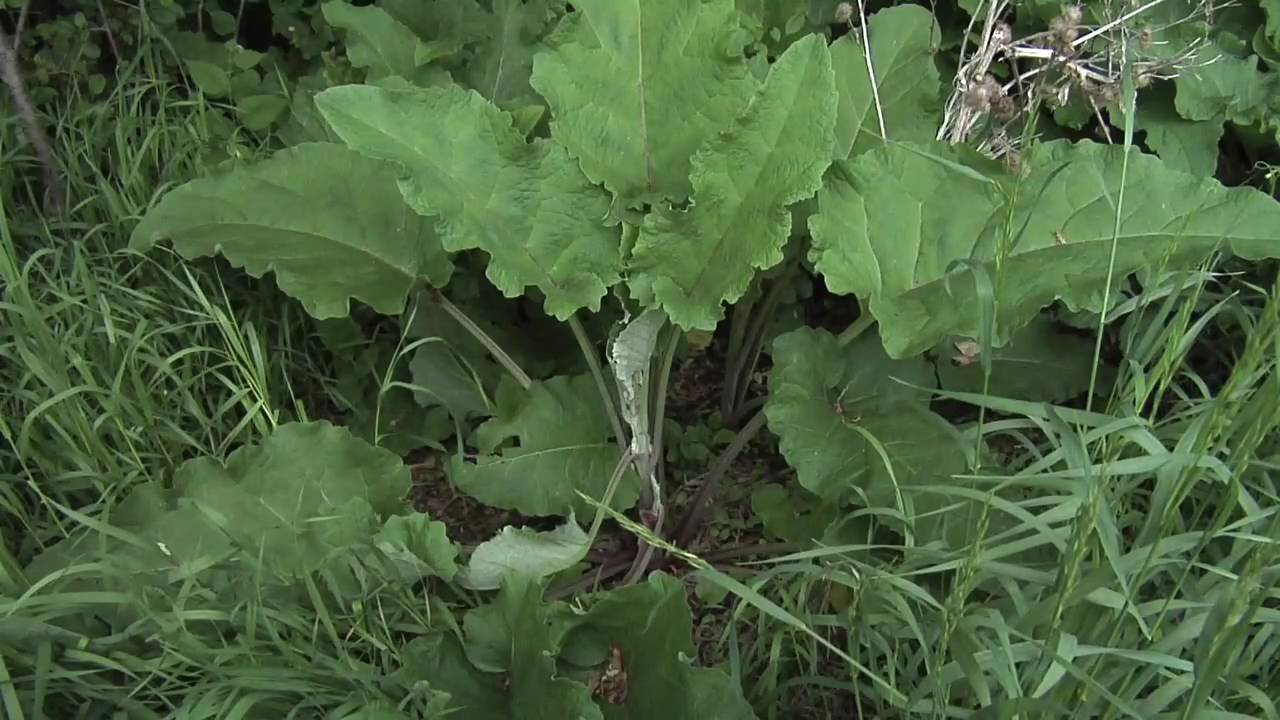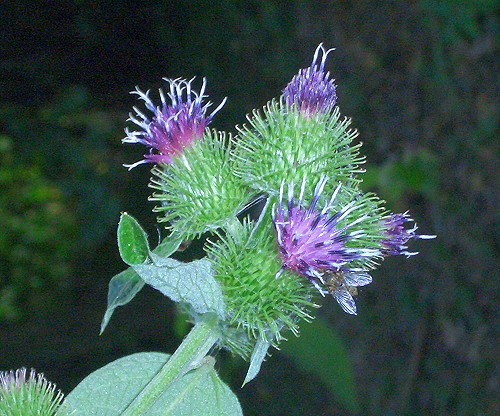
WHAT THE BURDOCK WAS GOOD FOR.
“GOOD for nothing," the farmer said,
As he made a sweep at the burdock's head;
But then, he thought it was best, no doubt,
To come some day and root it out.
So he lowered his scythe, and went his way,
To see his corn, to gather his hay;
And the weed grew safe and strong and tall,
Close by the side of the garden wall.
"Good for a home," cried the little toad,
As he hopped up out of the dusty road.
He had just been having a dreadful fright,
The boy who gave it was yet in sight.
Here it was cool and dark and green,
The safest kind of a leafy screen.
The toad was happy; "For," said he,
"The burdock was plainly meant for me."
"Good for a prop," the spider thought,
And to and fro with care he wrought,
Till he fastened it well to an evergreen,
And spun his cables line between.
'T was a beautiful bridge,—a triumph of skill;
The flies came 'round, as idlers will;
The spider lurked in his corner dim,
The more that came, the better for him.
"Good for play," said a child, perplext
To know what frolic was coming next.
So she gathered the burs that all despised,
And her city playmate was quite surprised
To see what a beautiful basket or chair
Could be made, with a little time and care.
They ranged their treasures about with pride,
And played all day by the burdock's side.
Nothing is lost in this world of ours;
Honey comes from the idle flowers;
The weed which we pass in utter scorn,
May save a life by another morn.
Wonders await us at every turn.
We must be silent, and gladly learn.
No room for recklessness or abuse,
Since even a burdock has its use.
—St. Nicholas.
